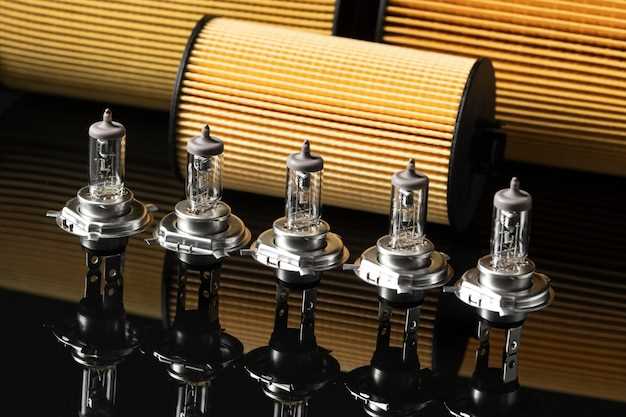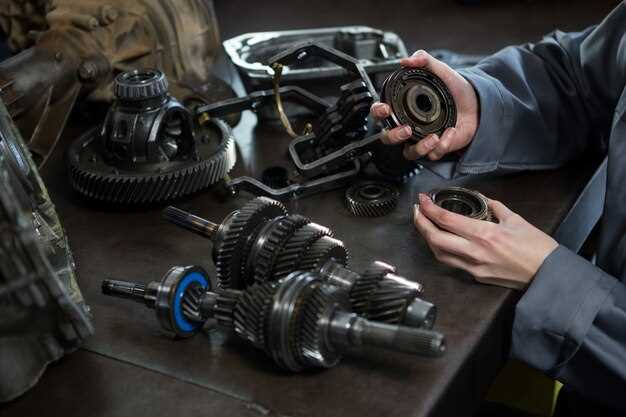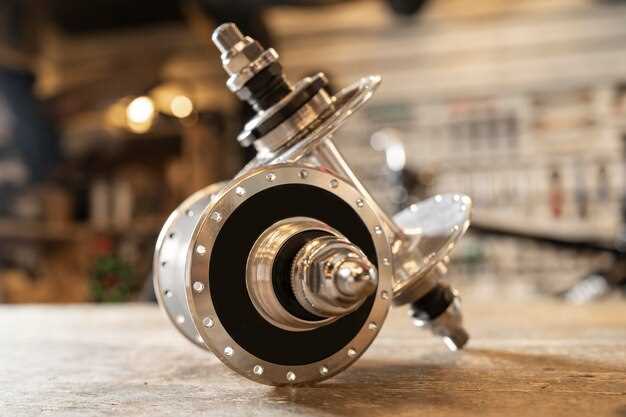
The aftermarket automotive industry has witnessed significant growth in recent years, with consumers increasingly seeking to enhance vehicle performance and aesthetics. Among the various modifications available, aftermarket exhaust systems have become particularly popular due to their potential to improve engine efficiency and produce a more aggressive sound. However, the legal status of these modifications varies widely across different regions and jurisdictions, leading to several implications for vehicle owners.
Understanding the legal framework surrounding aftermarket exhaust systems is essential for both enthusiasts and casual drivers. In many areas, these modifications can conflict with local emissions regulations, resulting in penalties or even the inability to register the vehicle. For instance, laws in certain states mandate adherence to specific noise levels and emission standards, thereby limiting the types of aftermarket systems that can be legally installed. It is crucial for vehicle owners to be aware of these regulations to avoid costly fines and potential legal issues.
Moreover, the implications of modifying exhaust systems extend beyond legal compliance. Many consumers are unaware that opting for an aftermarket system can void the vehicle’s warranty or diminish its resale value. Additionally, improper installation or selection of the wrong system can lead to significant performance issues, making it imperative for consumers to make informed decisions. This article will delve deeper into the legal nuances and practical consequences of installing aftermarket exhaust systems, offering valuable insights for car enthusiasts and everyday drivers alike.
Understanding Emission Regulations for Aftermarket Exhaust Systems

Emission regulations play a crucial role in determining the legality of aftermarket exhaust systems. These regulations aim to limit the amount of harmful pollutants released into the atmosphere from vehicles. In many countries, including the United States, aftermarket parts must comply with specific standards set by regulatory bodies, such as the Environmental Protection Agency (EPA) and the California Air Resources Board (CARB).
The primary focus of these regulations is to ensure that vehicles meet established emissions standards. When an aftermarket exhaust system is installed, it can alter the vehicle’s emissions profile. Systems that are not compliant with these standards can result in increased emissions, leading to potential legal consequences for the owner and installer.
Aftermarket exhaust systems can fall into two main categories: those that are compliant with emissions regulations and those that are not. Compliance often involves certifications or markings that indicate the system meets relevant standards. For instance, in California, exhaust systems must be labeled as CARB-exempt to be considered legal for street use.
Additionally, vehicle owners should be aware that even if an aftermarket exhaust is marketed as high-performance or as offering improved sound, it must still comply with federal and state regulations. This includes maintaining the necessary catalytic converters and ensuring that the system does not exceed noise levels specified by law.
Violating emissions regulations can lead to fines and penalties, as well as impacting the vehicle’s registration status. Therefore, it is essential for consumers to research and verify the legal status of any aftermarket exhaust system before making a purchase. Utilizing products that have been properly tested and certified can help prevent legal issues and contribute to environmental conservation.
How Modifications Affect Vehicle Warranty and Insurance Coverage
Modifying a vehicle, particularly through aftermarket exhaust systems, can lead to significant changes in warranty and insurance coverage. One of the primary considerations for vehicle owners is that modifications may void the manufacturer’s warranty. Most automakers state in their warranty agreements that any alterations made to the vehicle, including exhaust modifications, can invalidate the warranty if the modification is found to be the cause of a malfunction or failure.
In general, warranties are designed to cover defects in materials and workmanship. If an owner installs an aftermarket exhaust that leads to engine damage or other issues, the manufacturer may refuse warranty claims related to those problems. It is essential for vehicle owners to read their warranty documentation carefully and understand the potential implications of any modifications.
Insurance coverage also faces complications due to modifications. Many insurance policies require disclosure of any aftermarket components or alterations; failure to do so could result in denied claims in the event of an accident. Insurance companies may consider modified vehicles to pose a higher risk, which could lead to increased premiums or even the refusal to cover certain types of modifications. It is advisable for owners to consult with their insurers before making any changes to understand how it may impact their coverage.
Another important aspect is that some modifications may necessitate different insurance coverage. For example, modifications that enhance performance may require specialty insurance policies that cater specifically to modified vehicles. Consequently, vehicle owners should maintain open communication with their insurance providers to ensure comprehensive coverage aligned with their vehicle’s modifications.
In conclusion, vehicle modifications, especially aftermarket exhaust systems, can significantly affect both warranty status and insurance coverage. Owners should conduct thorough research and engage with both manufacturers and insurers prior to making any changes to safeguard their investments and ensure compliance with legal and financial obligations.
Local Laws and Enforcement: What Every Car Owner Should Know

When it comes to aftermarket exhaust systems, understanding local laws is crucial for car owners. Various jurisdictions have specific regulations regarding vehicle modifications, and ignorance of these laws can lead to fines or vehicle confiscation.
Noise Regulations
One of the first aspects to consider is noise level. Many localities enforce noise ordinances that limit the decibel level of exhaust systems. Car owners should check the maximum allowable noise levels in their area to avoid penalties. In some regions, exceeding these limits can lead to traffic stops and fines, especially in residential areas.
Emissions Standards
Another critical factor is adherence to emissions regulations. States or municipalities may have stringent standards that aftermarket exhaust systems must meet. Removing or altering catalytic converters, for instance, may be illegal in certain regions. Owners should research whether their chosen aftermarket system complies with local emissions laws to avoid inspection failures or hefty fines.
Inspection and Enforcement
Local law enforcement agencies play a significant role in monitoring compliance. Some jurisdictions conduct regular vehicle inspections to ensure that exhaust modifications do not violate regulations. Officers may assess vehicles based on visible modifications, noise levels during routine traffic stops, or specific checkpoints.
Import Restrictions
In addition to noise and emissions laws, consider import restrictions. Cars modified in ways that violate local regulations can face issues when registered. If a vehicle cannot pass an inspection due to an illegal exhaust system, owners may be barred from legally driving their cars.
Legal Consequences
Consequences for violating local laws can vary significantly. Fines can range from minor penalties to significant costs that encourage compliance. In extreme cases, continual violations could result in mandatory court appearances or restrictions on vehicle operation.
In conclusion, car owners should familiarize themselves with local laws regarding aftermarket exhaust systems. Understanding noise ordinances, emissions standards, and inspection requirements ensures compliance and enhances the overall driving experience. When in doubt, consulting with local authorities or automotive professionals can provide clarity and guidance.




